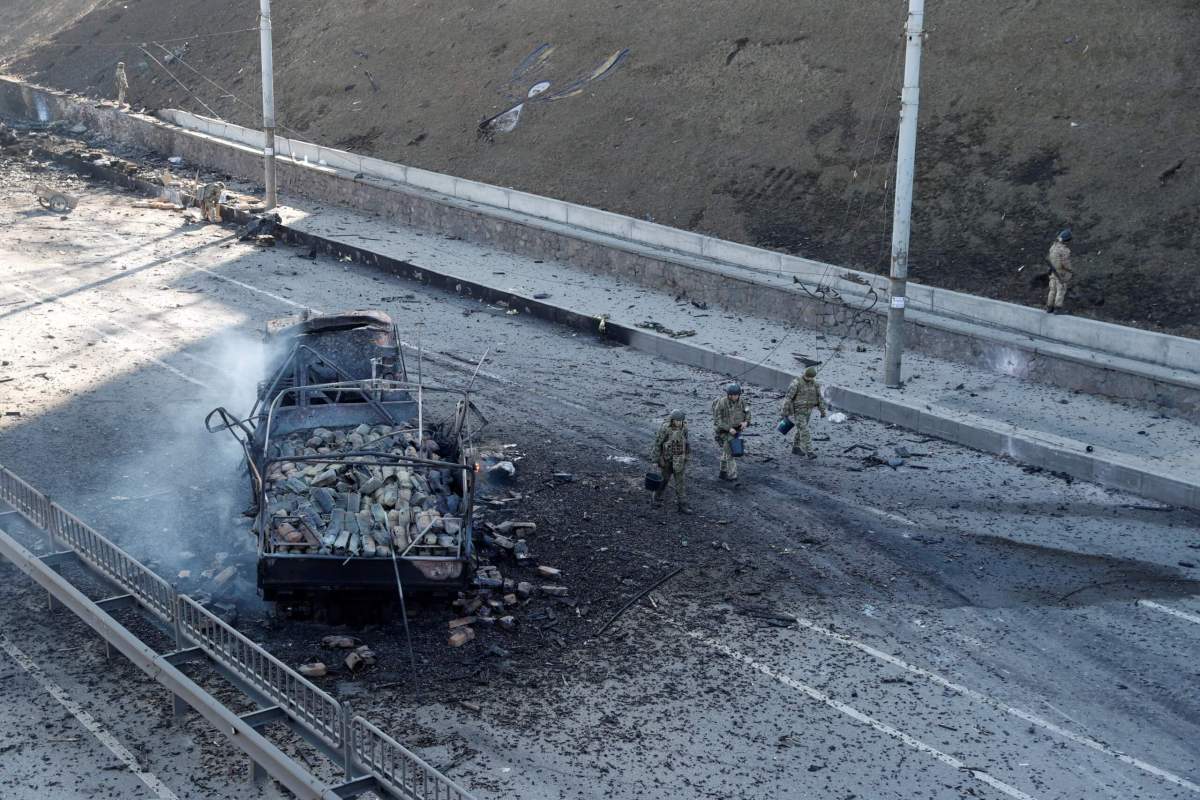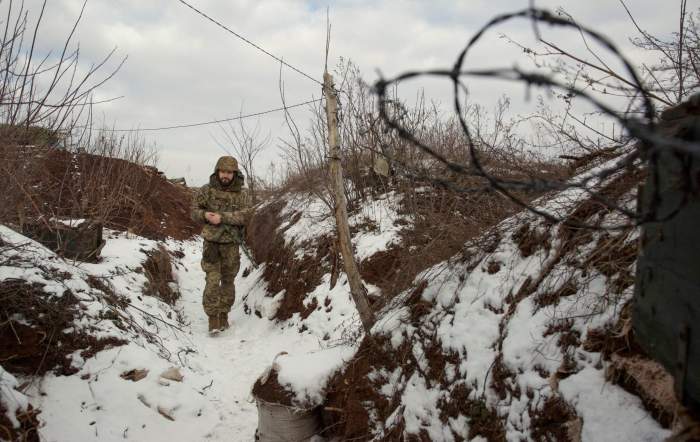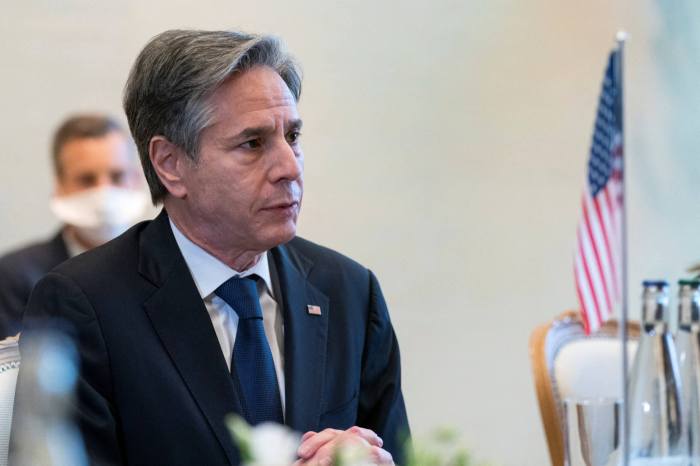Russian troops started advancing into Ukraine again on Saturday after President Vladimir Putin paused the offensive a day earlier in anticipation of talks with Kyiv that never happened, the Kremlin said.
Both Putin and his Ukrainian counterpart Volodymyr Zelenskiy spoke of possible talks on Friday but Ukraine said clashes with invading Russian troops continued on Friday night and on Saturday.
Kremlin spokesperson Dmitriy Peskov said that after Putin’s order Russian troops only clashed with “groups of nationalists” — as opposed to regular Ukrainian forces.
Ukraine on Saturday denied suggestions that it was refusing to negotiate a ceasefire with Russia but said it was also not ready to accept ultimatums or unacceptable conditions.
Mykhailo Podolyak, an adviser to the office of Zelenskiy, told Reuters Ukraine has prepared a negotiating position but was faced with impractical negotiating conditions from Russia.
“It was yesterday that the aggressive actions of the armed forces of the Russian Federation escalated, up to evening and night mass air and missile strikes on Ukrainian cities,” he said in a message. “We consider such actions only an attempt to break Ukraine and force it to accept categorically unacceptable conditions.”
The Kyiv government said on Saturday Russian forces were attacking a number of Ukrainian cities and Russian saboteurs were being detained in the capital city.
Russian forces captured the southeastern Ukrainian city of Melitopol on Saturday, Russia’s Interfax news agency reported, as Moscow launched coordinated cruise missile and artillery strikes on several cities, including the capital Kyiv.
Peskov also told a briefing Russia had expected the sanctions imposed by the West in response to the invasion and was taking measures to minimize their impact on the economy.
Meanwhile, internet connectivity in Ukraine has been affected by the Russian invasion, particularly in the southern and eastern parts of the country where fighting has been heaviest, internet monitors said on Saturday.
Connectivity to GigaTrans, Ukraine’s main internet provider, dropped to below 20% of normal levels before returning to higher levels in the early hours of Friday morning, according to internet blockage observatory NetBlocks.
“We currently observe national connectivity at 87% of ordinary levels, a figure that reflects service disruptions as well as population flight and the shuttering of homes and businesses since the morning of the 24th,” Alp Toker, director of NetBlocks, told Reuters.
“While there is no nation-scale blackout, little is being heard from the worst affected regions, and for others there’s an ever-present fear that connectivity could worsen at any moment, cutting off friends and family,” Toker added.
The Monash IP Observatory in Australia said that so far only the Obolonskyi district of Kyiv and central parts of Kharkiv, in Ukraine’s east, showed clear signs of internet failure.
Other anomalies might simply be due to some people moving away from their computers, for example by leaving cities, said Simon Angus, an associate professor of economics who serves as the observatory’s director.
Meanwhile, Ukrainian officials released more information about an alleged Belarusian cyber-espionage operation they said was targeting personal email accounts belonging to Kyiv’s forces.
In a Facebook post, Ukraine’s Computer Emergency Response Team said the hackers were targeting not just Ukrainians but also Poles, Russians, and Belarusians as well – including several Belarusian media organizations.
Emails sent to the Belarusian embassy in London were not returned.



















